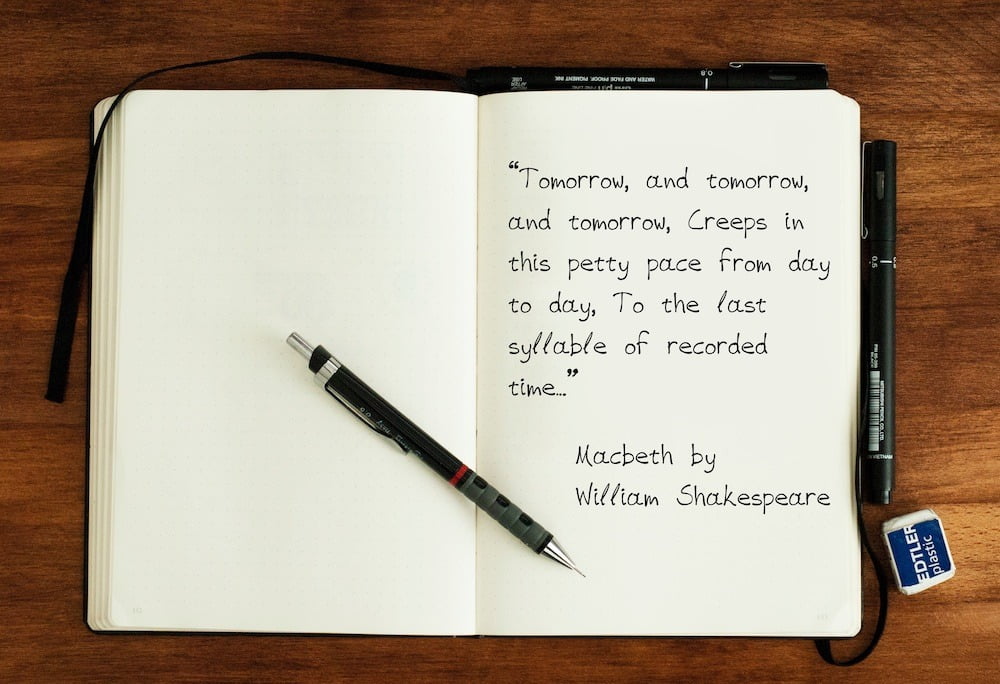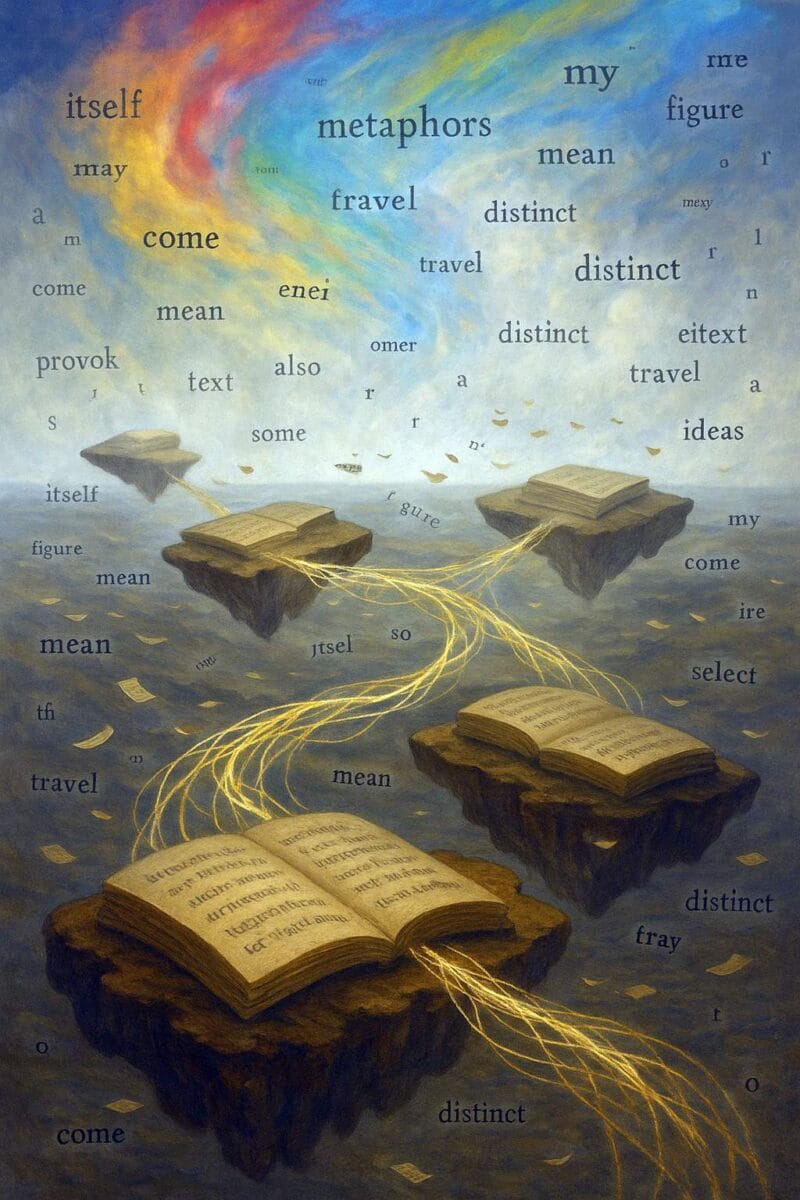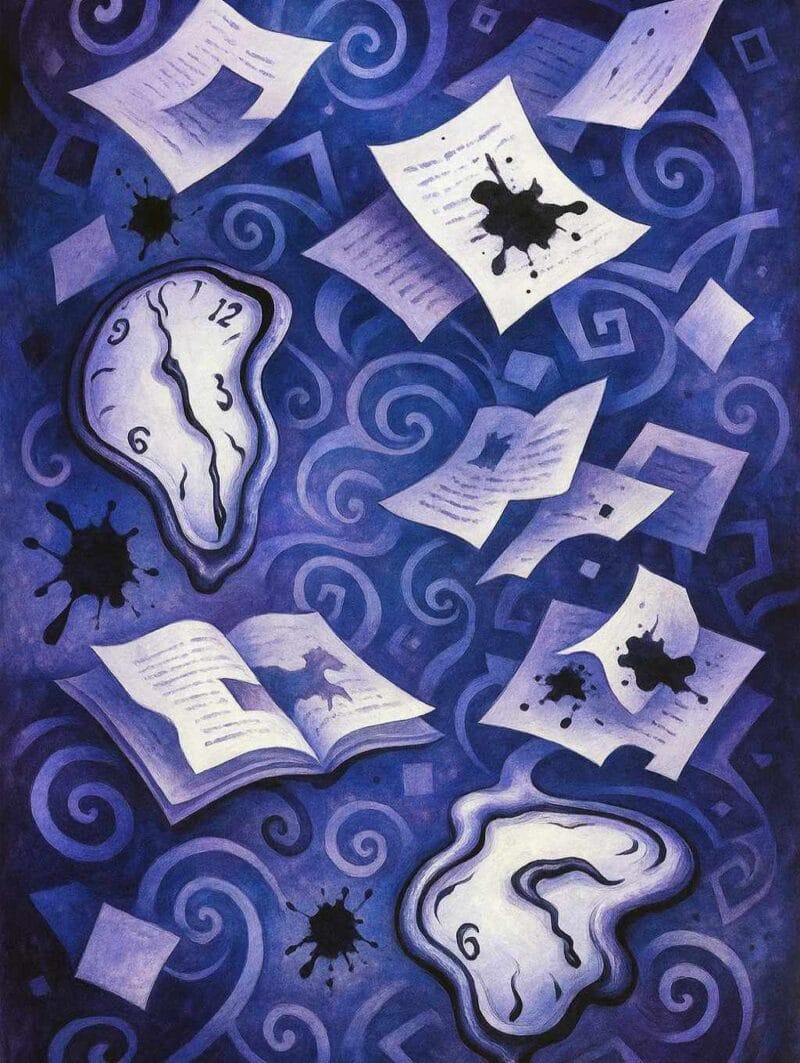In rhetoric, epizeuxis is the repetition of a word or phrase in immediate succession, typically within the same sentence, for vehemence or emphasis.
Among literary devices, epizeuxis stands as a captivating figure of speech that demands attention. Characterized by the immediate repetition of a word or phrase for emphasis, epizeuxis holds the power to intensify meaning, evoke strong emotions, and leave an indelible impact on the reader.
Derived from the Greek word meaning “fastening together,” the repeated word or phrase in epizeuxis could be within a sentence or across successive sentences. This repetition amplifies the impact of the chosen words, lending them a heightened sense of urgency, importance, or emotion. By emphasizing a particular idea or concept, epizeuxis aims to captivate the reader’s attention and evoke a visceral response, making it an invaluable tool for writers across genres.
Epizeuxis plays a significant role in literature, enabling authors to create memorable and impactful moments in their works. Additionally, epizeuxis can be used to emphasize the importance of a specific idea, concept, or argument within the narrative, reinforcing its significance and encouraging readers to reflect on its implications.
Furthermore, epizeuxis is a valuable tool for creating rhythm, adding musicality to prose or poetry, and enhancing the overall cadence and flow of the text. Whether employed in poetry, prose, or drama, epizeuxis adds depth and resonance to the written word, allowing readers to connect with the essence of the text on a deeper level.
The power of epizeuxis becomes evident when examining renowned literary works and the striking repetition they employ. In Shakespeare’s play Macbeth, the titular character delivers a soliloquy known as the “Tomorrow” speech, which showcases his despair and disillusionment. Within this speech, Shakespeare skillfully employs epizeuxis to emphasize the relentless passage of time and the futility of existence.
In another example from Shakespeare, Hamlet uses epizeuxis in his famous line “Words, words, words,” which he utters during a conversation with Polonius, who asks “What do you read, my lord?” By repeating “words,” Hamlet not only highlights the abundance of empty rhetoric but also implies a disdain for the lack of genuine substance in people’s interactions and exchanges.
Epizeuxis, with its ability to intensify meaning, evoke emotions, and enhance the impact of words, holds a significant place in literature. Through repetition, it captures attention, emphasizes important themes, and creates unforgettable moments in the minds of readers. From the works of Shakespeare to the speeches of influential figures, epizeuxis continues to prove its effectiveness as a literary device that amplifies the power of language and leaves an enduring mark on audiences worldwide.
Further Reading
Epizeuxis – Definition and Examples by Ben Florman, LitCharts
Definition and Examples of Epizeuxis in Rhetoric by Richard Nordquist, ThoughtCo.
What is Repetition: Examples of Literary Repetition Devices by Brooke Vitale, brookevitale.com
Great orators do not fear repetition by Sam Leith, Financial Times




